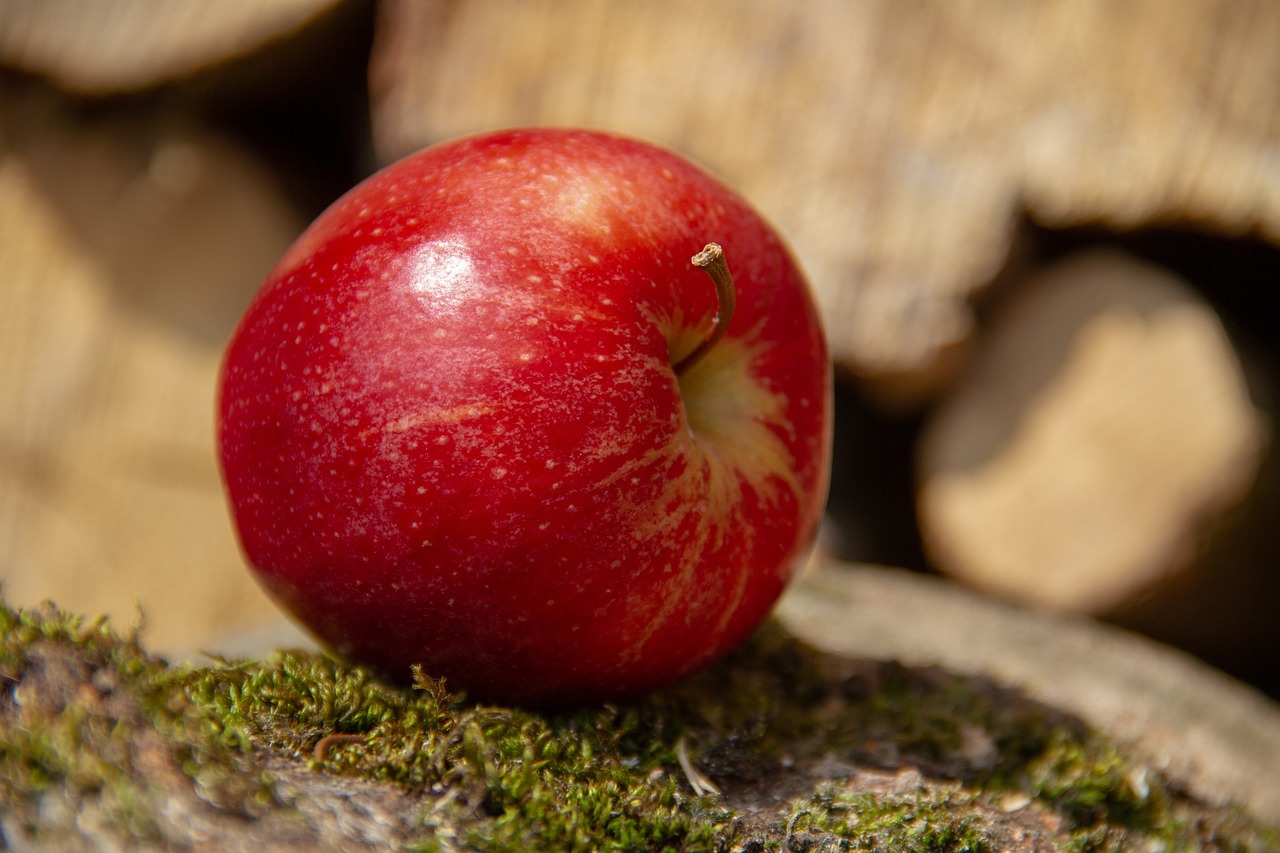“`html
In a world increasingly dominated by processed foods, the concept of whole foods is shining bright. Whole foods are those that are as close to their natural state as possible, free from artificial additives and refined ingredients. They come packed with essential nutrients, vitamins, and minerals, making them a cornerstone of a healthy diet. In this blog post, we will explore the many benefits of incorporating whole foods into your daily meals, types of whole foods, their nutritional advantages, and practical tips for making whole foods a regular part of your lifestyle. Whether you’re a seasoned health enthusiast or just starting your wellness journey, understanding whole foods can have lasting impacts on your health and well-being.
The Benefits of Whole Foods
1. Nutritional Advantages
Whole foods are celebrated for their rich nutrient profile. Here’s a look at some key benefits:
- High in Nutrients: Whole foods are packed with vitamins, minerals, antioxidants, and dietary fiber.
- Low in Processed Sugars and Fats: They help you maintain a balanced diet by minimizing excess sugars and unhealthy fats.
- Enhanced Digestion: Foods such as fruits, vegetables, and whole grains support gut health.
- Improved Satiety: Whole foods often have a higher fiber content that keeps you full longer.
2. Supports Weight Management
Integrating whole foods into your diet can effectively aid in weight management:
- Calorie Control: Whole foods tend to be lower in calories compared to processed alternatives.
- Metabolic Boost: Whole foods require more energy to digest, which can enhance your metabolism.
- Healthier Snacking: Replacing chips and cookies with whole fruits or nuts can significantly reduce calorie intake.
For example, swapping out regular snacks like potato chips for air-popped popcorn or carrot sticks can provide a satisfying crunch with fewer calories.
Types of Whole Foods
1. Fruits and Vegetables
These are essential components of any whole-food diet:
- Fresh Fruits: Apples, bananas, berries, and oranges are packed with vitamins.
- Fresh Vegetables: Leafy greens, bell peppers, and cruciferous vegetables like broccoli are nutrient-dense.
Tip: Aim to fill half your plate with colorful fruits and vegetables during meals to boost your nutrient intake.
2. Whole Grains
Whole grains are less processed and retain their nutrient-rich bran and germ:
- Brown Rice
- Quinoa
- Whole Wheat Bread
- Oats
Incorporating whole grains can lead to better cardiovascular health and improved glucose control.
3. Nuts, Seeds, and Legumes
These foods are excellent sources of protein, healthy fats, and fiber:
- Almonds and Walnuts: Packed with omega-3 fatty acids.
- Chia Seeds and Flaxseeds: Great for adding fiber and healthy fats to your diet.
- Beans and Lentils: Low-cost sources of protein with added fiber.
How to Incorporate Whole Foods into Your Diet
1. Meal Planning
Effective meal planning can simplify the process of incorporating whole foods:
- Plan Your Meals: Dedicate a day each week to plan and prep meals that highlight whole foods.
- Make a Shopping List: Always inventory your kitchen and make lists focused on whole ingredients.
- Batch Cooking: Prepare large portions to save time on busy days while ensuring nutritious options are readily available.
2. Cooking Methods
The way you cook whole foods can affect their nutritional value:
- Steaming: Retains nutrients better than boiling.
- Roasting: Enhances flavor without needing excess oils.
- Raw Consumption: Enjoying fruits and vegetables raw can maximize nutrient intake.
3. Smart Snacking
Replace processed snacks with whole food options:
- Fruit: Fresh or dried, fruits make for an excellent quick snack.
- Nuts: A handful of raw nuts provides protein and healthy fats.
- Vegetable Sticks: Try pairing carrots or celery with hummus for a wholesome treat.
Conclusion
Incorporating whole foods into your diet is not merely a trend—it’s a transformative lifestyle choice that promotes better health and well-being. By understanding the benefits of whole foods, recognizing the types available, and implementing practical strategies for meal planning and preparation, you can enjoy a greater vitality in your daily life. Remember, every small change can lead to significant health benefits. Start your whole foods journey today and experience the difference for yourself!
“`






